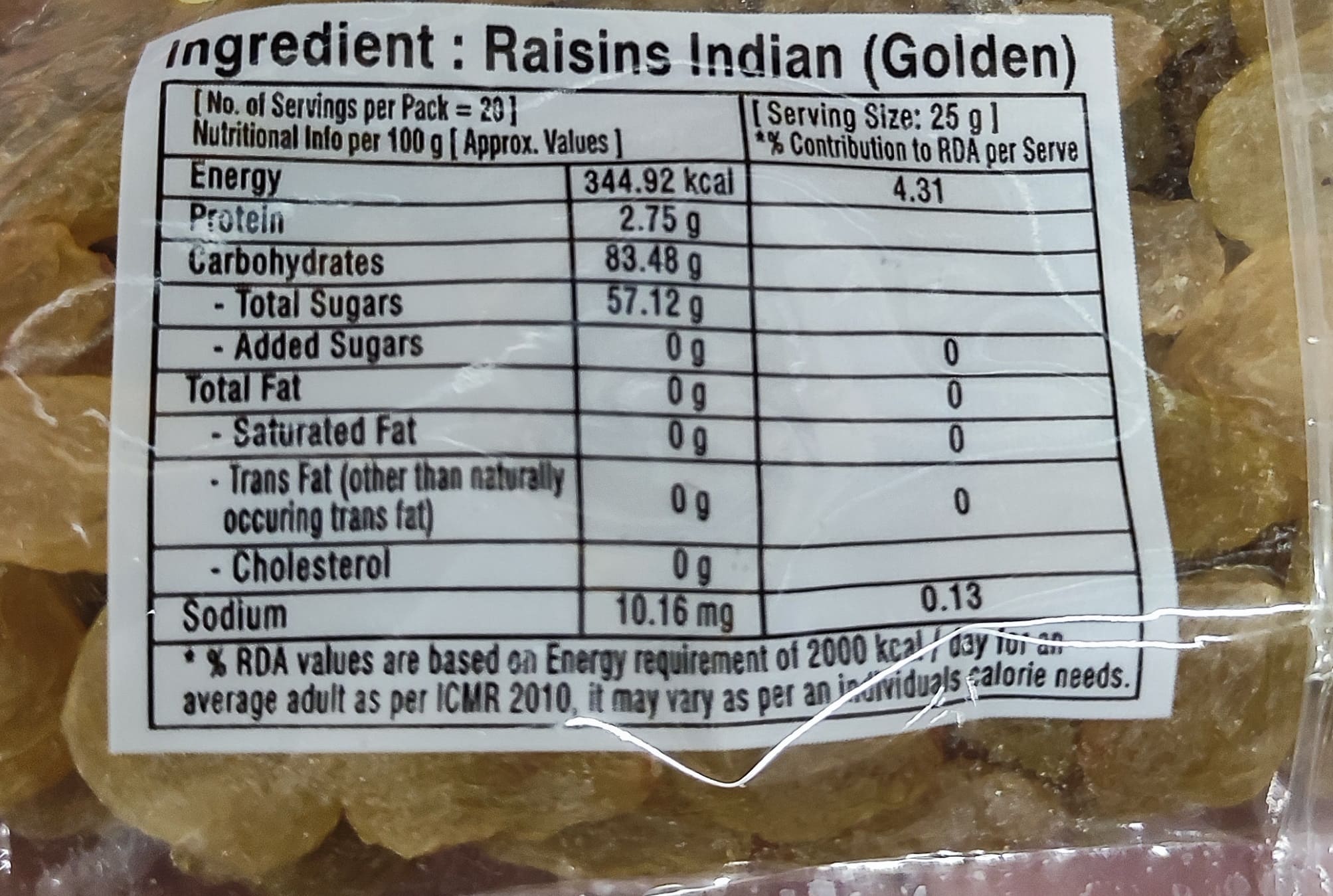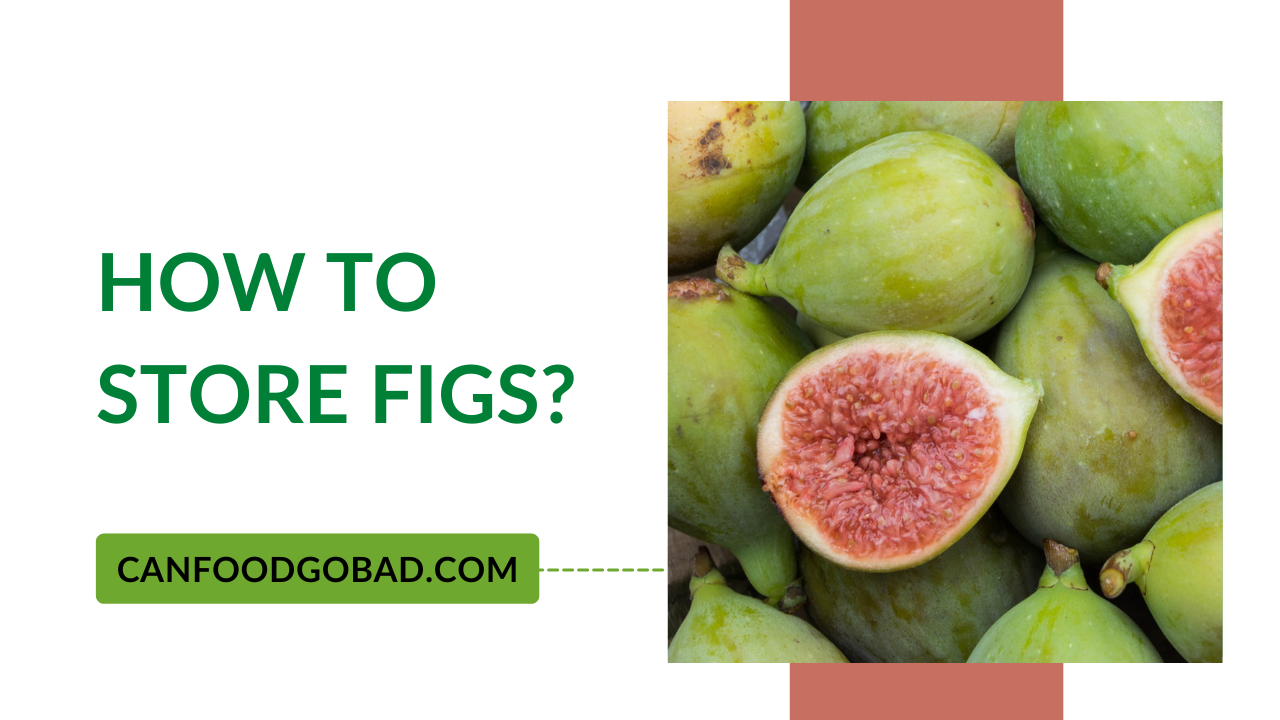How To Store Kiwi in Freezer?: Kiwi fruit is rich in vitamin C and dietary fiber that offer a variety of health benefits. Bought a bag full of Kiwis and am not sure about How to Store Kiwi At Home, you may get multiple questions like should Kiwi be refrigerated, how long does kiwi last at room temperature, and so on. Read on to get the storage precautions, spoilage signs, and other useful information.
- How To Store Kiwi At Home?
- How Long Do Kiwis Last At Room Temperature?
- Can Kiwi Go Bad?
- How To Tell If Kiwi Is Bad?
- Can You Freeze Kiwi Fruit?
- Interesting Facts About Kiwi Fruit
- How long does kiwi last in the fridge?
- What is Kiwi storage temperature?
- How to know when kiwi is ripe?
- How to store kiwi for a long time?

How To Store Kiwi Fruit At Home? | Should Kiwis Be Refrigerated
Better storage precautions are useful to maintain the quality of kiwi fruit for a longer time. It should be stored in the pantry at room temperature until it ripens. Once the fruit is ripe, try to place it in the fridge in a resealable bag. You can even put the ripened fruit in the freezer to store for more days.
The tips for storing Kiwi, where to store kiwi, and how to store kiwi fruit, and many more are along the lines:
It is always suggested to buy a premium quality kiwi fruit from the store to keep it for more days. Kiwi that has cuts, bruises, wrinkles, and other blemishes will go rancid quickly. So, it is important to check the quality of the fruit while buying. Also, avoid buying kiwis with dark spots, bruises, or other signs of damage.
Store Unripe Kiwi Away From Sunlight
Unripe kiwis can be stored at room temperature in the pantry for 7 days. At this condition, the fruit should be placed away from direct heat i.e. sunlight, stove, or other heat sources.
Know the best way to store kiwi. If your kiwi is unripe, then it is okay to place it in the pantry. Once the kiwi is ripened, you transfer the fruits into a freezer bag or ziplock bag and store them in the fridge. The refrigerating helps to slow down the ageing process thus extending the kiwi’s shelf life.
Dehydrate Kiwi For A Longer Shelf Life
We all know that dried foods have a longer lifespan than fresh fruits. It is better to dry the kiwi when it is ripened. To make the dried kiwi, pell off the skin, remove stem scars, and cut it into circular pieces. Place the pieces in the sunlight and transfer them into an airtight container. Now, you can store it at room temperature or in the refrigerator.
How Long Do Kiwis Last At Room Temperature? | Do Kiwis Go in the Fridge
Kiwi fruit ripens after 3 to 5 days at room temperature or 1 to 2 days with ethylene-producing fruits. Ripe kiwi lasts for 7 days in the pantry or up to 2 to 4 weeks in the fridge. Cutting the kiwi reduces the lifespan to 4 to 4 days in the fridge.
If you want to store the kiwi for the maximum time, then wrap it in a resealable container and place it in the fridge. But you need to store it for 1 week then place the kiwi as it is. The prime factor is that the storage time of the kiwi fruit depends on its quality while buying. The freezer increases the unripe kiwi shelf life by up to 1 year.
Know how long can you keep kiwi in the fridge, and freezer in the table below.
| Kiwi | Lifespan | ||
|---|---|---|---|
| Room Temperature | Refrigerator | Freezer | |
| Unripe | 2 to 7 days before ripening | 3 to 4 weeks | Up to 1 year |
| Ripe | 7 days | 2 to 4 weeks | 3 to 5 months |

Can Kiwi Go Bad? | How to Tell if Kiwi is Ripe
Yes, kiwi can go bad. Like all other fresh fruits, kiwi also has a shorter lifespan. Its shelf life depends on how ripe the fruit is when you buy it from the store. Kiwi should be eaten within a few days because they will continue to ripen after they are picked. Once they get the ripe kiwi, make sure to store it in the fridge or freezer to slow down the ripening process.
Also, Refer
- How Long Do Strawberries Last
- How To Store Mangoes

How To Tell If Kiwi Is Bad?
The signs to tell that Kiwi has gone bad are along the lines:
Examine the whole kiwi carefully, if you see any mold patches, then the fruit is damaged completely. The mold will be either brown or it is better to throw the moldy fruit outside. green in color starts in a small portion.
If you notice mushy spots or soft areas on the fruit, then it is spoiled. If the kiwi is very hard, then it should not be consumed.
Other than mold, if your kiwi fruit looks dry and shriveled, then it should not be eaten. The inside portion of the fruit also appears dull and pulp in the juice. Based on the storage time, the fruit may also become completely dry. Discard such kind of fruit immediately.
Fresh kiwifruit smells like citrus, light and sweet. If your fruit smells acidic, then definitely it is spoiled and not good to eat.
Can You Freeze Kiwi Fruit?
Yes, you can freeze kiwi fruit to retain quality and taste for a longer period. Frozen kiwi after thawing becomes soft and mushy, so using it for making salads will be a good idea. You can also use defrosted kiwi in smoothies and cooked recipes.
You can place the kiwi pieces in the freezer. For that, peel and cut the pieces and arrange them on an aluminum foil in a single layer. After that, place it in the freezer.
Interesting Facts About Kiwi Fruit
The surprising facts about kiwi are mentioned here:
- Kiwi is a fruit eaten by humans for 700 years.
- It is also known as kiwifruit or Chinese gooseberry.
- It is harvested from several different woody vine plants in the genus Actinidia.
- Kiwifruit has twice the vitamin C of an orange.
- Most people cut the fruit in half and spoon out the green fruit.
- China grows 400 varieties of kiwifruit.
- California produces 98% of the kiwifruit grown in the US.
- The outer skin of kiwi is edible and nutritious.
FAQs on Does Kiwi Go Bad | Do Kiwis Need to be Refrigerated
1. How long does kiwi last in the fridge?
should kiwis be refrigerated? Yes, Ripe kiwifruit will last for 5 to 7 days in the fridge.
2. What is Kiwi storage temperature?
The general, kiwi storage temperature is 32 to 35 degrees Fahrenheit.
3. How to know when kiwi is ripe?
The simple trick to check if a kiwi is ripe is by pressing it gently with the thumb finger, if it yields to slight pressure, then it is ripe.
4. How to store kiwi for a long time?
How to store kiwi to last longer? To store kiwi for a longer period, you need to place it in the freezer by transferring it into the freezer bag or ziplock bag.
In a Nutshell | Can Kiwis be Refrigerated
We are hoping that you found the answer to How do you Store Kiwi at room temperature, does kiwi go in the fridge? Also know details regarding does kiwifruit go bad, shelf life, and signs of spoilage. Bookmark our site to get the latest food-related updates.














